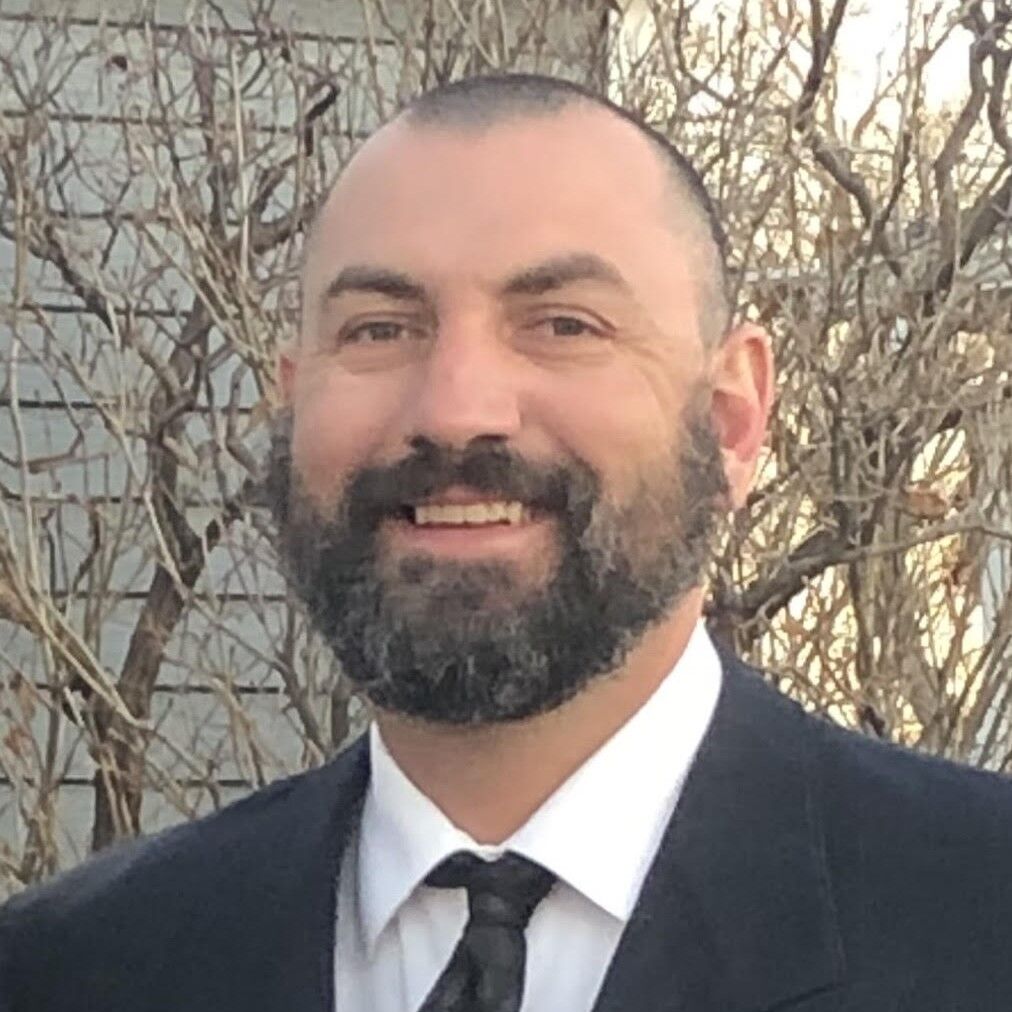Patients with rare diseases deserve access to lifesaving drugs | OPINION


Imagine being diagnosed with a disease your friends and family have never heard of and your doctor may not know how to treat. It can feel isolating and terrifying. There is little information on the internet, and often times the information you can find is not promising. That’s often the experience of patients diagnosed with neuromyelitis optica spectrum disorder (NMOSD), a rare neurological disease associated with unpredictable relapses or attacks. Each relapse can result in cumulative disability including vision loss, paralysis and sometimes premature death. NMOSD is often misdiagnosed – a very common issue for all rare disease patients – and the journey can be long and isolating.
For years, there was little research on NMOSD and the life expectancy of someone living with the disease was three to five years. However, both the medical and patient communities have come a long way in understanding and treating NMOSD. Multiple organizations dedicated to supporting the patient community have been established, and new, innovative treatments now offer the promise of a better life. Today the future for someone living with NMOSD is much brighter.
But progress is fragile, and without the Colorado legislature passing SB24-060, we risk jeopardizing access and future progress in treating NMOSD and all rare diseases.
Stay up to speed: Sign up for daily opinion in your inbox Monday-Friday
Rare diseases are unique: A rare disease is defined as a disease that affects fewer than 200,000 people in the United States. Though each disease is rare, collectively one in 10 people is living with one of the more than 7,000 different rare diseases. Currently, only 5% of rare diseases have a treatment, leaving many patients with no options. That’s because developing rare-disease drugs is challenging, complicated by poor disease understanding, limited provider knowledge, low diagnostic rates and small patient populations that impact clinical trial recruitment.
Because of their uniqueness, these diseases are typically treated differently than nearly all other diseases. That is why we are urging the legislature to pass SB24-060, which excludes orphan drugs – those that treat rare diseases – from review by the Prescription Drug Affordability Board (PDAB) until the drug no longer has orphan status.
PDAB’s admirable mission is to ensure drugs are accessible and affordable for Coloradans. The PDAB has the ability to analyze the cost of prescription drugs and set price caps. However, solutions that address affordability should not come at the expense of patients. Conventional approaches for assessing cost-effectiveness of treatments cannot be applied to rare diseases. Instead, they should reflect value for patients, health systems and society, and should account for future innovation. For rare diseases with a treatment, there are typically few – and in many cases, one – options, and arbitrary price caps may suppress research dollars and innovation, which will further limit breakthrough therapies and treatments. Additionally, the PDAB’s ability to impact affordability for rare-disease patients looks in the wrong places, ignoring drivers of affordability like copays, coinsurance and deductibles.
Without these drugs and research aimed at treating rare diseases, many patients will endure a steep decline in quality of life, or even die. That is why other states have included and prioritized similar exemptions for orphan drugs, including Oregon and Washington.
If SB24-060 passes, the PDAB will continue its work, using their statutory and regulatory process for reviewing drugs. The only change will be that our most vulnerable patients will not face insurmountable hurdles to access orphan drugs.
I urge Colorado lawmakers to support SB24-060 so patients with rare diseases have access to lifesaving drugs.
Jacinta M. Behne, of Erie, is executive director of the Guthy-Jackson Charitable Foundation.












